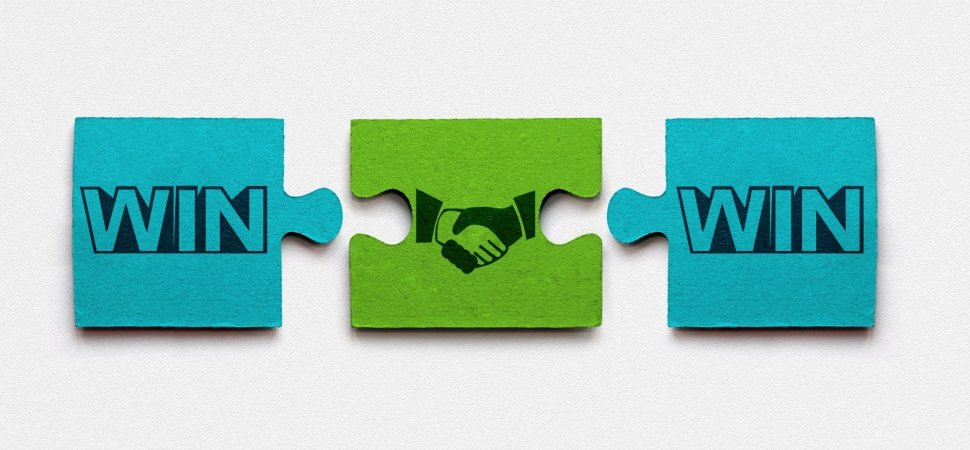|
I've been thinking a lot about equity in education and the ways we discuss empowerment. On one end, giving space for historically ignored groups (people of color, people with disabilities, gender non-conforming people, etc.) to speak to their experience, is important. Providing disenfranchised people with skills to empower themselves, is critical. Encouraging disenfranchised people to report on inequity, systematic disenfranchisement, microaggressions, or hate-crimes, holds everyone accountable. All of these work toward creating an equitable and just future, but it's not enough. It’s not enough to “give up space”, “provide skills” or “encourage feedback” because it implies there is an owner benevolently bestowing kindness to a less fortunate other. It implies that the hard work required, is placed on the disenfranchised person or group. It implies hierarchy. It strips others of their humanity. They deserve to take up space and do not require anyone's permission to exist. When we empower groups to speak up but do not prepare those they are speaking to, we create a frustrating ecosystem. Far too often the words of people of color speaking to racism, people speaking on gender inequities, or people with disabilities speaking on ableism, fall on deaf ears or they are met with aggression. What do you mean I’m being insensitive? I haven’t seen this in my experience, what are you trying to say? White people, able-bodied people, straight people, men, anyone with privilege, needs to engage in regular work that challenges their privilege so that they can interact with others of difference as true equals and not as a charity case or an adversary. This work needs to happen as early as possible. If you weren’t fortunate to start challenging your biases and thoughts at an early age, you can still do it as an adult. Individuals in homogenous spaces (all or mostly male, white, able-bodied) must engage in work to prepare their mind to accept that the life they experience and might possibly enjoy, infringes on the ability for another person to just exist. How do we make space for others while also continuing our enjoyment of our own lives? Is my comfort jeopardized when I accept, acknowledge, and affirm the circumstances and needs of another person? Ask yourself these questions about your daily life:
Organizations (schools, workspaces, neighborhoods, places of worship) must also engage in work to prepare their practices, policies, and the individuals that occupy their spaces, to welcome those of difference and to analyze how their policies, practices, and people perpetuate inequity, aggression, and disunion. You're not preparing to absorb these people and erase them. You're preparing your spaces and people to welcome challenges to the status quo, to the norms of the group. Think of it as cleaning house for a guest. Think of it as daily maintenance. Empowerment is a two-way street: uplifting silenced voices while also preparing others to listen with intention and then engage in change. The goal here is to co-create a better future. It’s not a trade-off, its an inclusion. It’s not “either-or”, it’s “but also” and “as well as”. Read more about allyship, inclusion, and challenging our biases:
0 Comments
Your comment will be posted after it is approved.
Leave a Reply. |
I'm a former teacher and former college athlete, currently working to make life more equitable for all people. My mission is to get parents to partner with their child's teacher.
|

